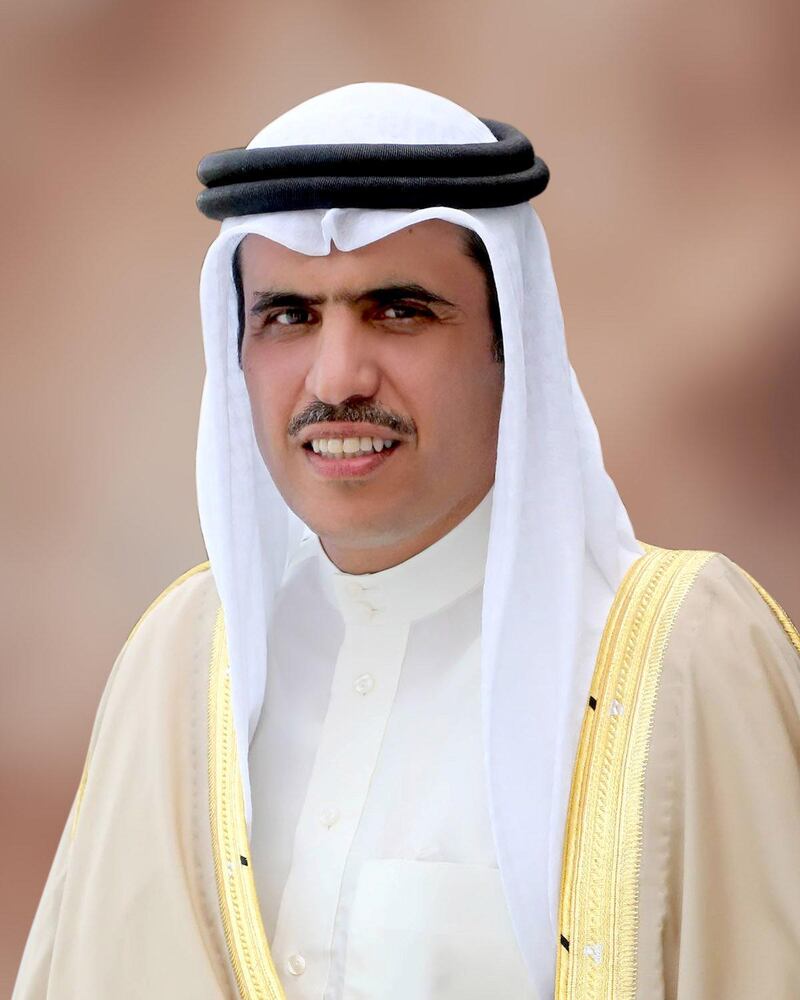Bahrain’s information minister has condemned what he called “the subversive” role of Qatar’s media in the ongoing diplomatic crisis.
The minister, Ali bin Mohammed Al Rumaihi, accused Al Jazeera of targeting Bahrain with fake news and hundreds of negative reports on the kingdom. Qatar's media had attacked Bahrain and directly interfered in its internal affairs through the news channel, he said.
Qatar's media policies were part of the problem, rather than the solution to the current crisis, which had been "simmering" long before diplomatic ties were severed on June 5.
"Al Jazeera relies on the virtual world with its wide spectrum of fake and bogus accounts for its statistics and public opinion surveys. The channel has broadcast more than 900 negative reports and news items on Bahrain," the minister told Bahrain TV. "The history of the crisis with Qatar is rooted in the Doha-run media policies which ignored the kinship of the Arabian Gulf countries."
______________
Read more:
Qatar crisis: UN aviation agency rejects Doha bid to internationalise dispute
Qatar crisis: What you need to know
YouTube removes video highlighting Al Jazeera extremist coverage - then reinstates it
______________
Meanwhile, the UAE's Minister of State for Foreign Affairs, Dr Anwar Gargash, on Tuesday referred to unnamed media outlets who use sensationalism which is "not befitting of the environment of a hereditary monarchy, which has to tolerate it."
Dr Gargash continued on Twitter, saying it was unfortunate "when illusions dominate realities".
إعلام "الصمود والتصدي" من الدوحة لا يستوي مع ملكية وراثية تشبه محيطها وعليها أن تتعايش معه، فصل مؤسف حين تقود الأوهام الوقائع والحقائق.
— د. أنور قرقاش (@AnwarGargash) August 15, 2017
He went on, "Qatar's arrogant stance accuses the UAE of starting the campaign against them", adding that "Qatar is burning bridges with its neighbours, and is banking on external influences to mediate the crisis, which will result in deepening the crisis".
Dr Gargash also urged Doha to come to Riyadh willing to negotiate the 13 demands issued by the quartet.
Meanwhile, Asharq Alawsat newspaper said Qatar had plotted with Iran and Hizbollah to ignite a war in the southern borderlands of Saudi Arabia in 2009.
The pan-Arab newspaper quoted a Yemeni political and security researcher, Mohammed Al Walas, who obtained leaked documents from Yemen's intelligence archives which allegedly reveal Qatar's ties with Houthi rebels during the rule of Yemen's ousted president Ali Abdullah Saleh between 2000 and 2013.
The leaked documents highlight Qatar’s mediation in the release of a large number of Houthi detainees held in Mr Saleh's prisons as well as its financial support for the Houthis for four years before they started an insurgency in 2004 in Saada, north Yemen, Asharq Alawsat reported.
The UAE and Saudi Arabia along with allies Bahrain and Egypt cut diplomatic ties and imposed sanctions on Doha in June, including the closure of their airspace to Qatari airlines and blocking Al Jazeera.
The four Arab states accuse Qatar of supporting extremists and of growing too close to Shiite-dominated Iran.






